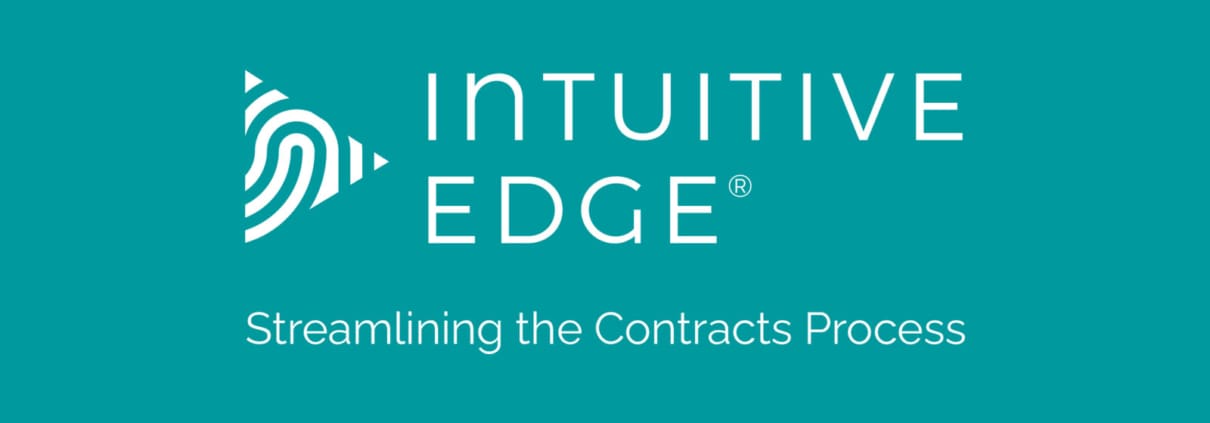The Power of Real-time Dashboards in M&A Procurement Transition
In the whirlwind environment of mergers and acquisitions (M&A), staying informed and agile is the key to success. One technological marvel that’s bringing a transformative impact on the M&A landscape, particularly in procurement transitions, is the real-time dashboard. These interactive, visual tools offer a consolidated view of vital metrics, facilitating rapid decision-making. Let’s dive into the strengths and advantages that real-time dashboards bring to the M&A procurement transition table.
1. Instant Visibility into Key Metrics
In an M&A scenario, a multitude of activities occur simultaneously. Real-time dashboards allow stakeholders to immediately see:
- Contract status: Which contracts are pending, approved, or require renegotiation?
- Supplier relationships: Which suppliers are on board? Are there any potential conflicts or overlaps?
- Categories and spend data: What is the spend in certain segments and categories and will that impact prioritization?
- Procurement timelines: Are we on track?
2. Enhanced Decision-Making
With real-time data visualization:
- Decision-makers can spot trends, anomalies, or potential issues at a glance.
- They can pivot strategy based on current data, not outdated reports.
3. Increased Accountability and Transparency
An up-to-date dashboard keeps every team member informed:
- Everyone knows the current situation, leading to a shared sense of responsibility.
- It eliminates the ‘I wasn’t aware’ dilemma, as all updates are instantly available.
4. Streamlined Communications
Instead of sifting through long email threads or reports:
- Stakeholders can refer to the dashboard for the latest updates, reducing back-and-forth communication.
- All departments, from legal to procurement to IT, have a unified source of truth.
5. Cost and Time Efficiency
Real-time dashboards can significantly speed up the M&A procurement transition process:
- Faster identification of issues leads to quicker resolutions.
- There’s reduced dependency on manual report generation and distribution, saving both time and resources.
6. Enhanced Supplier Relations
In an M&A context, suppliers too are in transition. A real-time dashboard can:
- Help track and communicate with suppliers more efficiently.
- Ensure timely payments, approvals, and renegotiations, fostering trust.
7. Scalability for Future Growth
The beauty of modern real-time dashboards is their scalability:
- As the company grows or integrates further, the dashboard can be expanded or customized without starting from scratch.
Conclusion
In the fast-paced, intricate world of M&A procurement transitions, real-time dashboards are not just a luxury but a necessity. They offer a panoramic view of the transition landscape, ensure everyone is on the same page, and, most importantly, enable proactive rather than reactive decision-making. In the age of digital transformation, embracing such tools is the key to M&A success.






Leave a Reply
Want to join the discussion?Feel free to contribute!